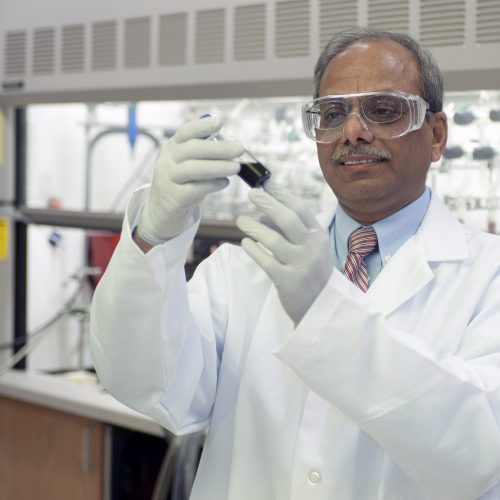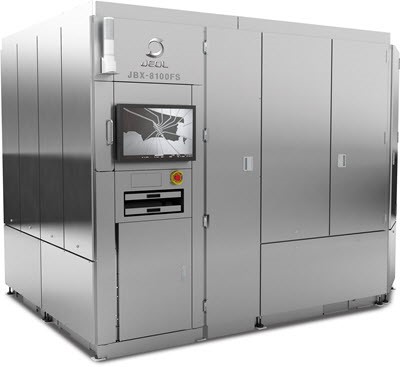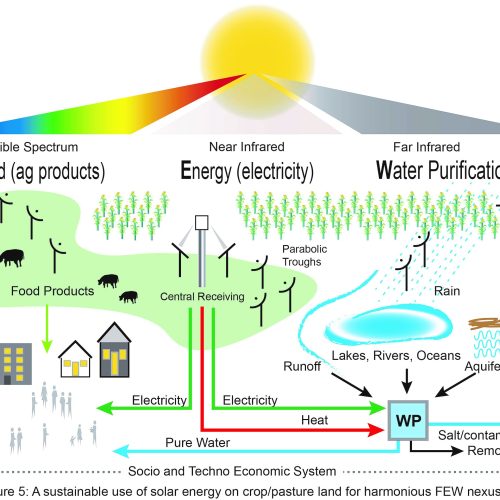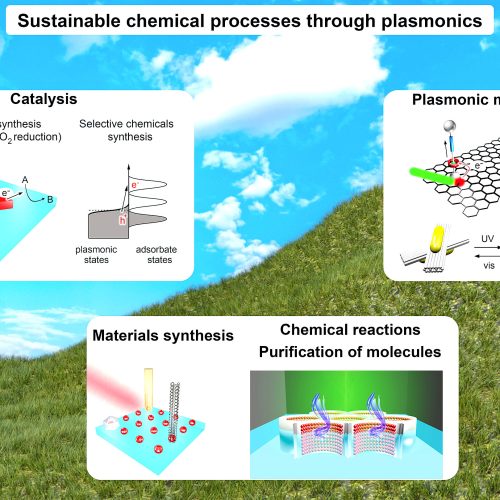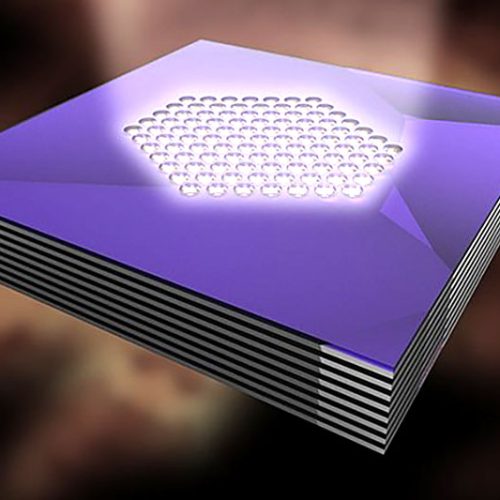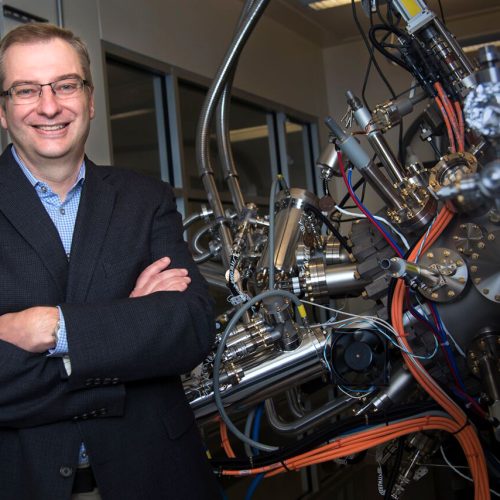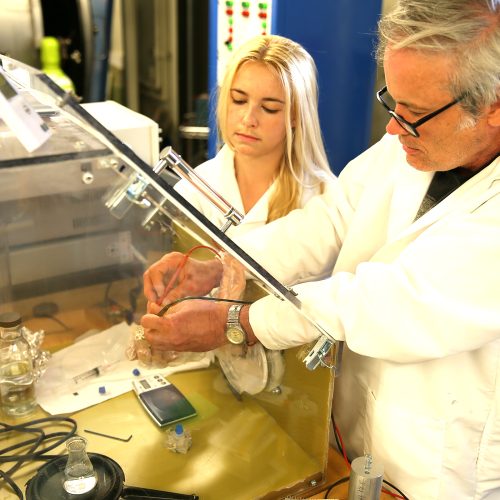
August 8, 2017
New CubeSat propulsion system uses water as propellant
WEST LAFAYETTE, Ind. — A new type of micropropulsion system for miniature satellites called CubeSats uses an innovative design of tiny nozzles that release precise bursts of water vapor to maneuver the spacecraft.
Low-cost “microsatellites” and “nanosatellites” far smaller than conventional spacecraft, have become increasingly prevalent. Thousands of the miniature satellites might be launched to perform a variety of tasks, from high-resolution imaging and internet services, to disaster response, environmental monitoring and military surveillance.

